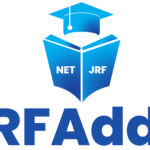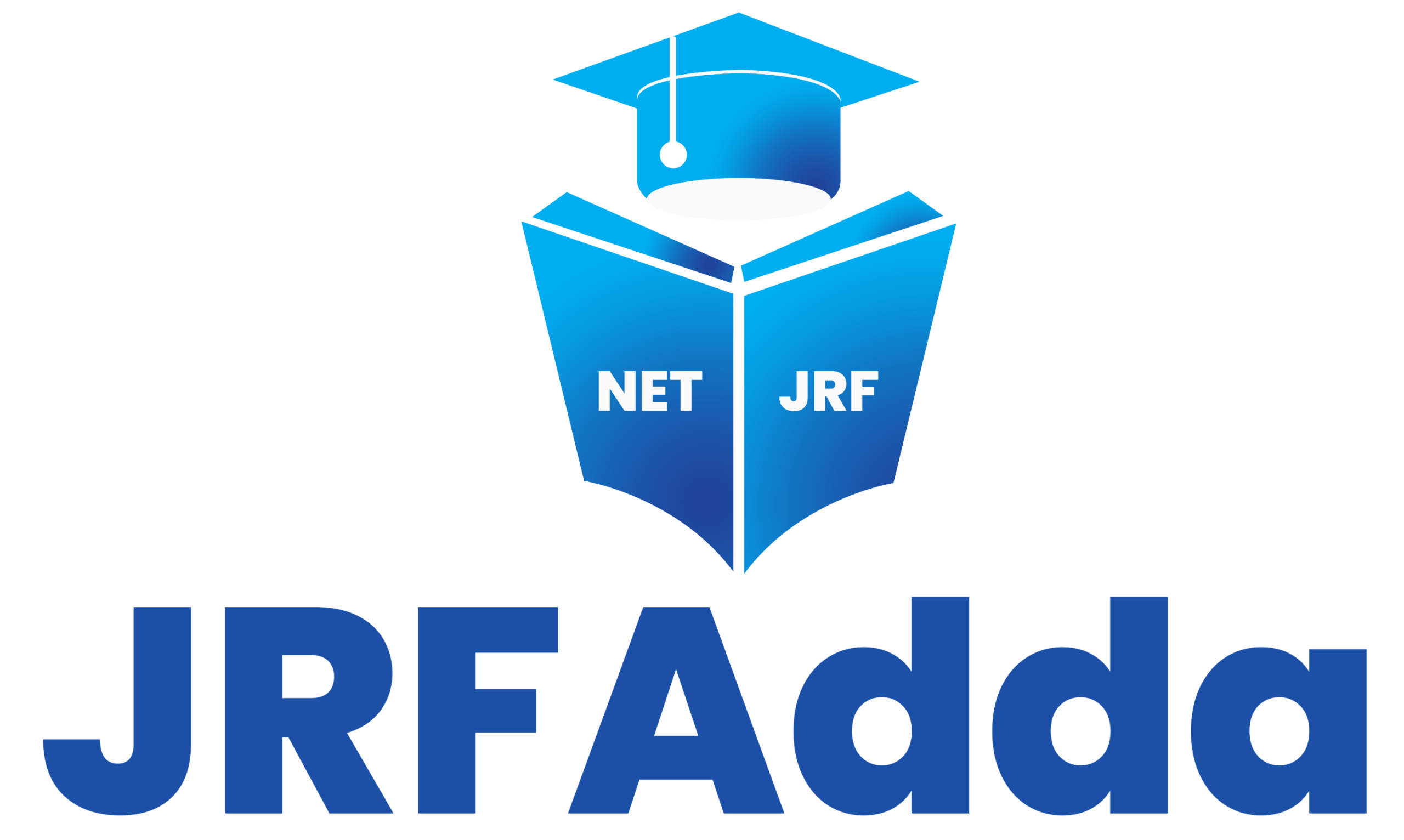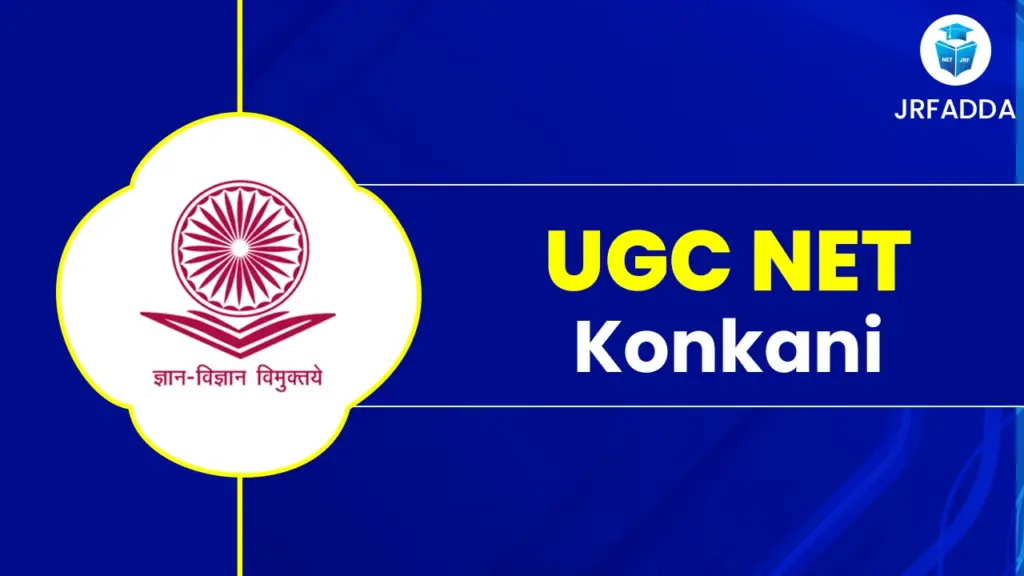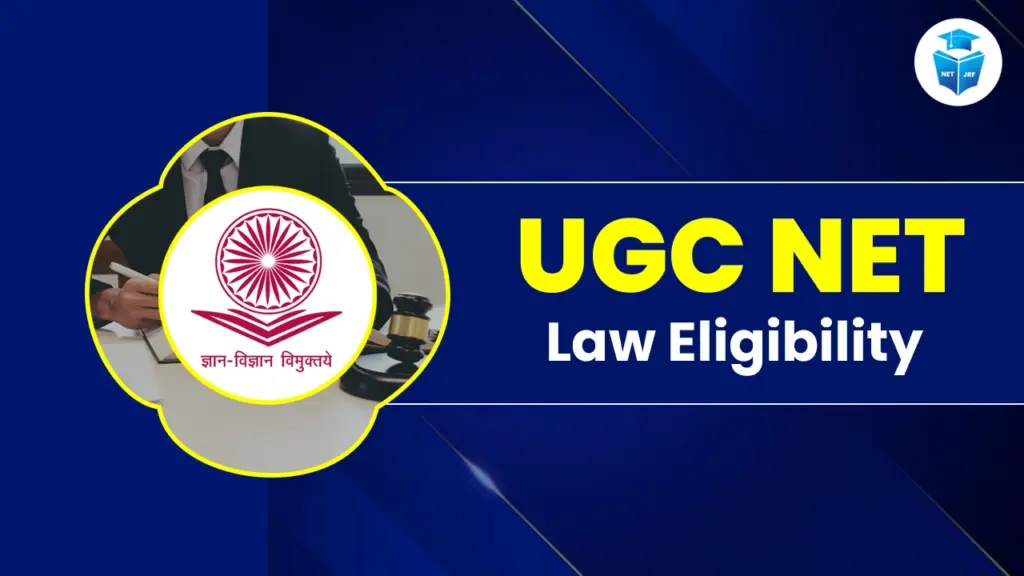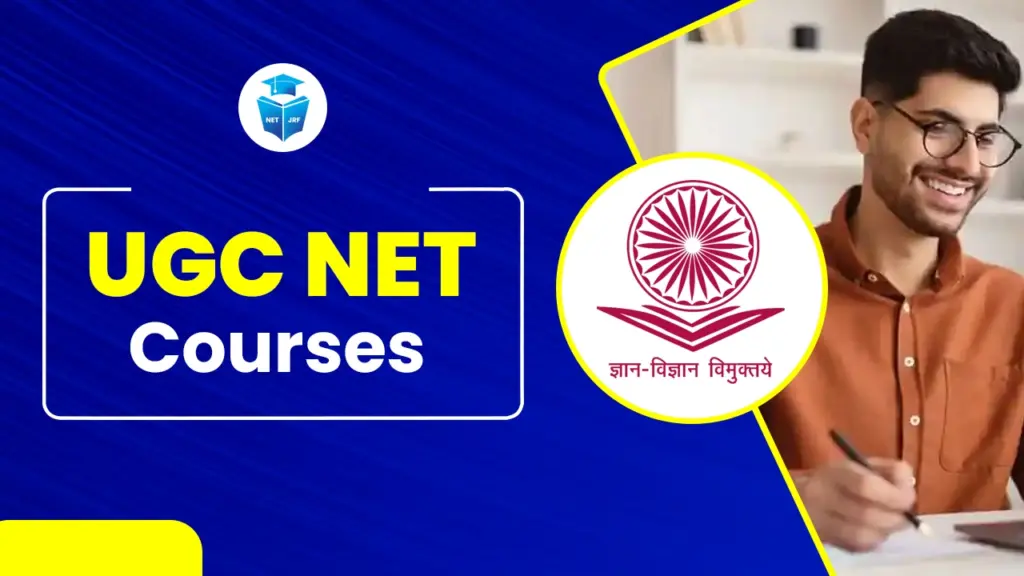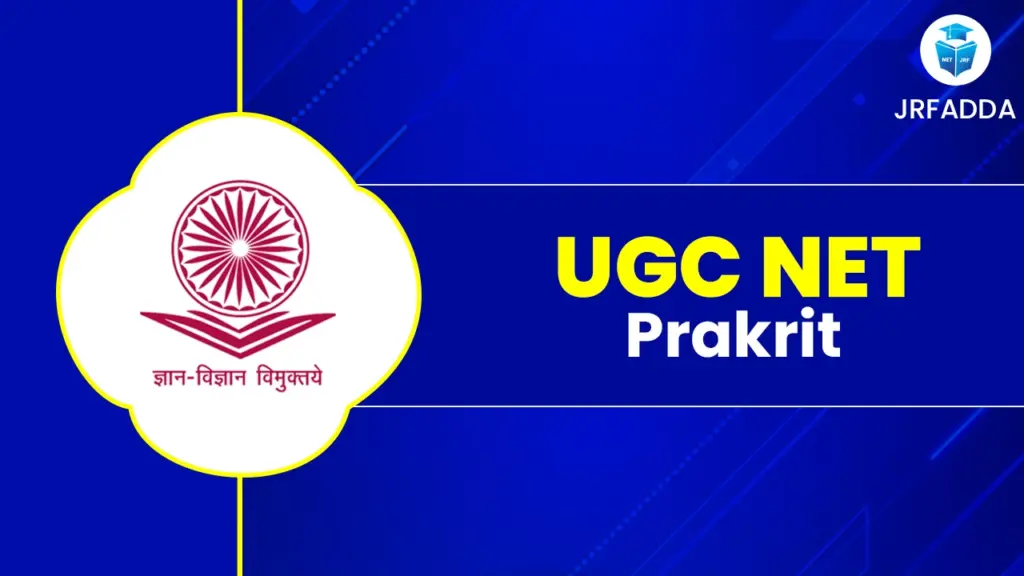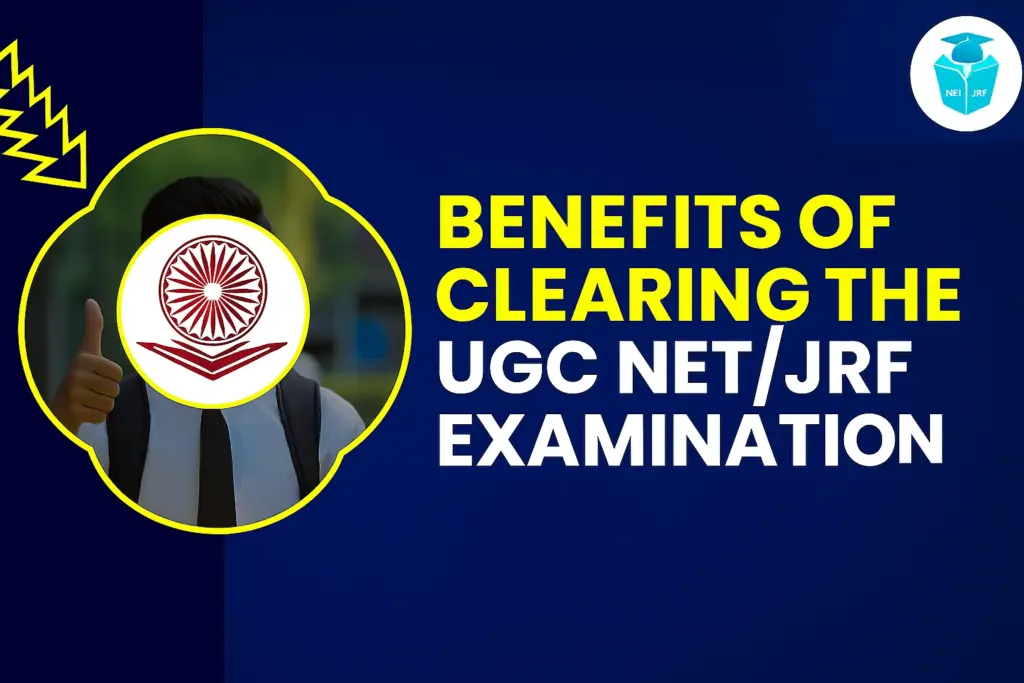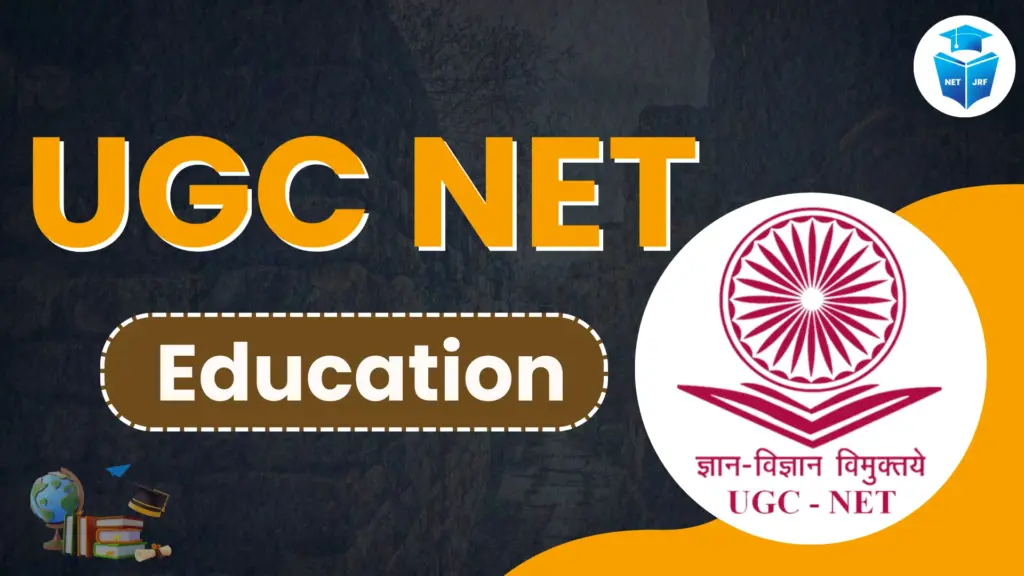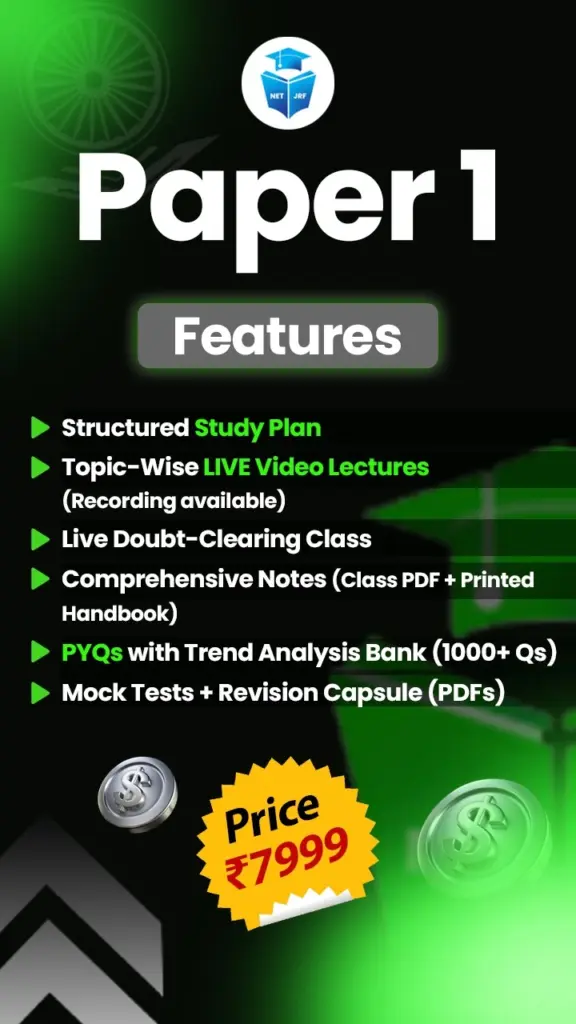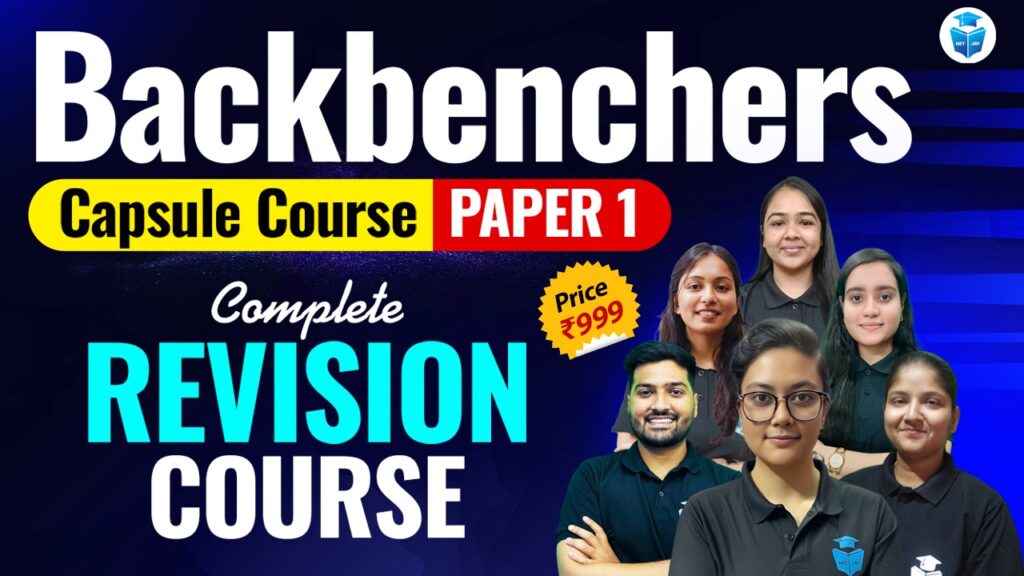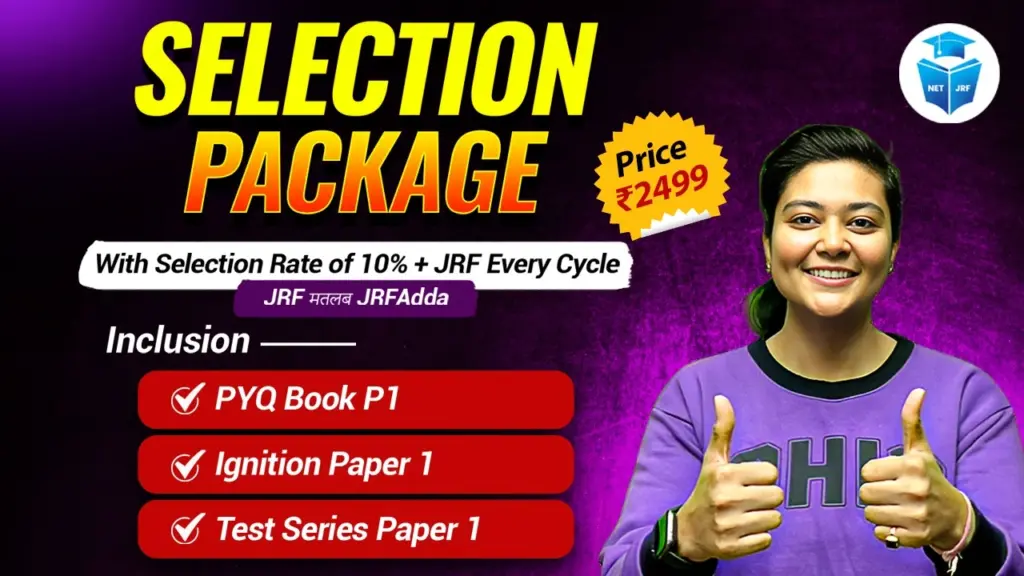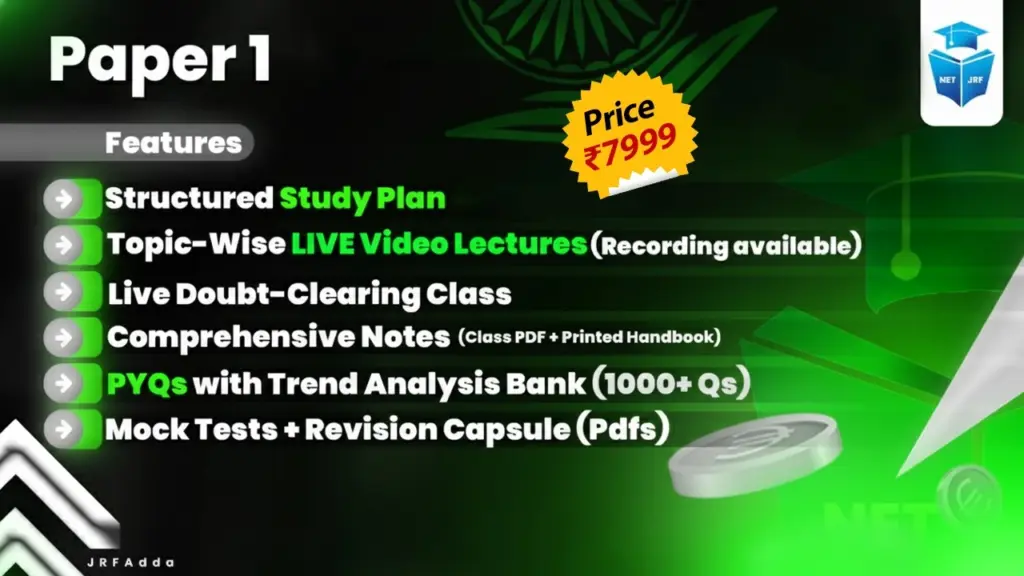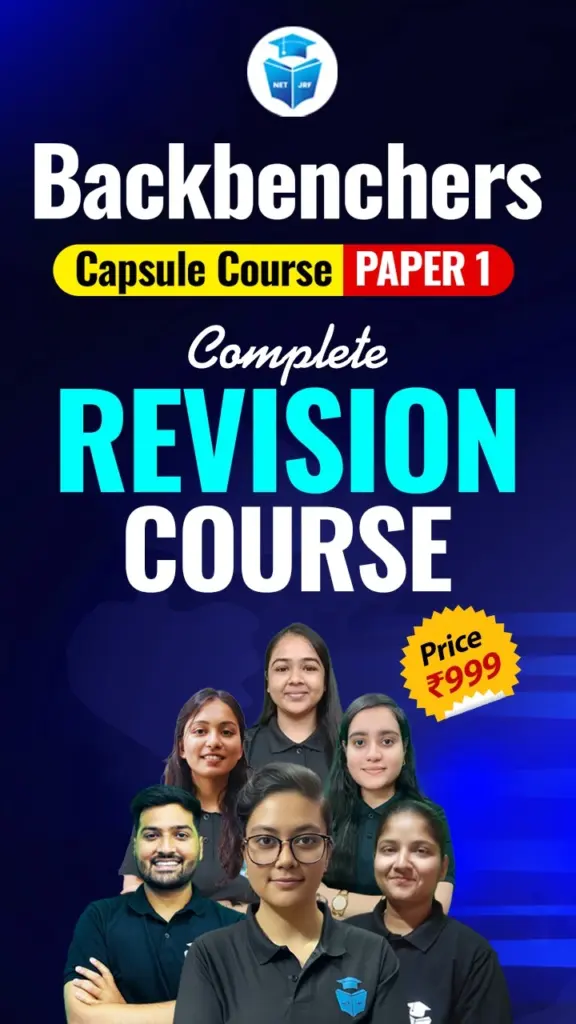UGC NET Konkani 2026 exam is a national-level exam conducted by the National Testing Agency (NTA) on behalf of the University Grants Commission (UGC). This exam is designed to evaluate candidates for the roles of Assistant Professor and to award the Junior Research Fellowship (JRF) in the field of Konkani studies across Indian universities and colleges.
IGNITION BATCH PYP Last 10 Years PYPs with Detailed Video Solutions Paper 1
UGC NET Konkani Exam Analysis 2026 (December Cycle)
The UGC NET Konkani exam in the December 2025 session reflected a balanced difficulty level, with Paper 1 leaning easy to moderate and Paper 2 aligning with expectations for literature and language subjects. Candidates who thoroughly prepared the official syllabus, practiced previous year papers, and managed time well reported a fair performance potential for this cycle.
-
Paper 1: Generally reported as easy to moderate, focusing on syllabus-based questions that tested comprehension, reasoning, and teaching aptitude.
-
Paper 2 (Konkani): Early feedback for subject papers like Konkani suggests a moderate to slightly challenging experience, aligning with overall trends in literature and language subjects for the December session.
Also Read: UGC NET Exam Analysis 2026
Key Areas Covered:
-
History and evolution of the Konkani language
-
Major literary movements and genres
-
Important Konkani authors and their works
-
Folk traditions, oral literature, and proverbs
-
Grammar and linguistic structure of Konkani
-
Translation theory and applied literature
What is UGC NET Konkani?
UGC NET Konkani is one of the subject-specific exams under the UGC NET framework. It is structured to test a candidate’s understanding of the Konkani language, literature, grammar, and cultural context. The exam gauges the academic and research competencies required for teaching and scholarly work in Konkani.
Successfully clearing this exam allows candidates to:
- Apply for Junior Research Fellowship (JRF) positions in reputed research organizations.
- Become eligible for Assistant Professor roles in Konkani departments of Indian academic institutions.
This certification is highly respected and recognized as a benchmark of academic excellence in Konkani studies.
Also Read: UGC NET Exam 2026
UGC NET Konkani 2026 Key Highlights
The table below outlines the key features of the UGC NET Konkani 2026 exam:
| Component | Details |
| Exam Name | UGC NET Konkani 2026 |
| Conducting Body | National Testing Agency (NTA) |
| Mode of Exam | Computer-Based Test (CBT) |
| Frequency | Biannual (June & December) |
| Papers | Paper I – General
Paper II – Konkani |
| Total Questions | 150 |
| Total Marks | 300 |
| Exam Duration | 3 Hours |
| Marking Scheme | +2 per correct answer
No negative marking |
| Official Website | ugcnet.nta.nic.in |
Also Read: UGC NET Exam Date 2026
UGC NET Konkani 2026 Eligibility Criteria
To appear for the UGC NET Konkani exam, candidates must fulfil the following eligibility conditions:
| Criteria | Details |
| Education | Master’s in Konkani or a related field (e.g., Linguistics, Indian Literature, etc.) from a UGC-recognised university. |
| Marks Required | General/OBC-NCL/EWS: 55%
SC/ST/PwD: 50% Final-year postgraduates may apply provisionally. |
| Age Limit (JRF) | General: ≤ 30 years
OBC-NCL: 3-year relaxation SC/ST/PwD/Women: 5-year relaxation |
| Age Limit (Asst. Professor) | No upper age limit |
Also Read: UGC NET Eligibility 2026
UGC NET Konkani Exam Pattern 2026
The exam consists of two papers held in a single sitting. Here’s a clear breakdown:
| Paper | Subject | No. of Questions | Total Marks | Duration | Type |
| I | Teaching & Research Aptitude | 50 | 100 | 3 hours | Multiple Choice Questions |
| II | Konkani (Core Subject) | 100 | 200 | 3 hours | Multiple Choice Questions |
Note: No negative marking is applicable.
Also Read: UGC NET Exam Pattern 2026
UGC NET Konkani Marking Scheme
Here’s how the marks are distributed:
| Paper | Questions | Marks | Marks/Question | Negative Marking |
| I | 50 | 100 | 2 | No |
| II | 100 | 200 | 2 | No |
| Total | 150 | 300 | – | No |
UGC NET Konkani Minimum Qualifying Marks
To qualify for JRF or Assistant Professor positions, candidates must meet the following cut-offs:
| Category | Paper I | Paper II |
| General / Unreserved | 40% | 40% |
| OBC-NCL / SC / ST / PwD | 35% | 35% |
Also Read: Universities Accepting UGC NET Scores
UGC NET Konkani Syllabus 2026
The UGC NET Konkani syllabus covers linguistic, literary, historical, and philosophical components. It is divided into two parts: General Aptitude (Paper I) and Konkani Subject-Specific (Paper II).
Paper I – General Aptitude
Assesses teaching, reasoning, comprehension, and research skills.
- Teaching Aptitude
- Research Aptitude
- Reading Comprehension
- Communication
- Mathematical Reasoning
- Logical Reasoning
- Data Interpretation
- Information & Communication Technology (ICT)
- People and Environment
- Higher Education System
Paper II – Konkani (Subject-Specific)
The Konkani syllabus for Paper II includes classical and modern literature, grammar, linguistic history, and cultural context. It may also cover translation theory, folk traditions, and Konkani’s sociolinguistic aspects.
UGC NET Konkani Syllabus PDF Download
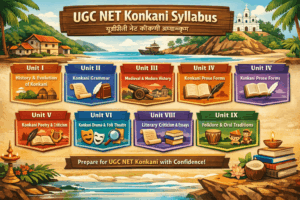
UGC NET Konkani Previous Year Question Papers
Practicing previous year papers is crucial for understanding question patterns and exam trends.
| Year | Download Link |
| 2025 | Download PDF |
| 2024 | Download PDF |
| 2023 | Download PDF |
| 2022 | Download PDF |
| 2021 | Download PDF |
| 2020 | Download PDF |
| 2019 | Download PDF |
These help in time management and identifying frequently covered topics.
Also Read: UGC NET Previous Year Question Papers
UGC NET Konkani 2026 Career Opportunities
Clearing the UGC NET Konkani exam opens a variety of career avenues:
Academic Roles
- Assistant Professor in colleges/universities
- Junior and Senior Research Fellowships (JRF/SRF)
- Doctoral (Ph.D.) admissions in Konkani and allied subjects
Government & Cultural Organizations
- Research roles in state and central cultural ministries
- Positions in Sahitya Akademi, State Language Boards, and archives
- Work in museums, archaeological surveys, and educational councils
Private & International Roles
- Translation and content creation (literary and academic)
- Work with international linguistic and cultural research bodies
- Roles in publishing, documentation, and digital heritage projects
Also Read: UGC NET Lectures vs Professor
UGC NET Konkani 2026 Preparation Tips
The following are the UGC NET Konkani 2026 preparation tips for the upcoming UGC NET June 2026 session:
- Understand the Syllabus Thoroughly: Divide topics unit-wise and focus on both traditional and modern aspects of Konkani.
- Refer to Standard Texts: Use Konkani grammar books, anthologies, and works of eminent Konkani authors.
- Regular Practice: Solve MCQs, attempt mock tests, and revise previous year questions.
- Use Digital Resources: Join online discussion groups, follow Konkani study YouTube channels, and attend webinars.
- Revise Systematically: Create flashcards and summaries for key themes, authors, and language rules.
Also Read: UGC NET Preparation Tips 2026
Conclusion
The UGC NET Konkani 2026 examination offers aspirants a pathway to academic excellence and professional engagement with the Konkani language and its cultural heritage. With structured preparation and focused study, candidates can contribute meaningfully to both academia and the broader preservation of Konkani literature and identity.
UGC NET Konkani 2026 FAQs
Who is eligible to apply for UGC NET Konkani?
Candidates with a Master’s degree in Konkani or a closely related subject with 55% marks (50% for reserved categories) are eligible.
Is a degree in Konkani mandatory for this exam?
No, candidates with postgraduate degrees in allied subjects like Indian Literature, Linguistics, or Regional Languages may apply, depending on UGC guidelines.
How can I prepare for UGC NET Konkani?
Study Konkani grammar and literature thoroughly, practice MCQs, and solve past year papers. Use standard reference books and participate in online forums.
Is there negative marking in the UGC NET Konkani exam?
No, there is no negative marking for incorrect answers in either paper.
What are the career prospects after qualifying UGC NET Konkani?
Successful candidates can work as Assistant Professors, research fellows, translators, and contribute to government, cultural, and academic institutions.
